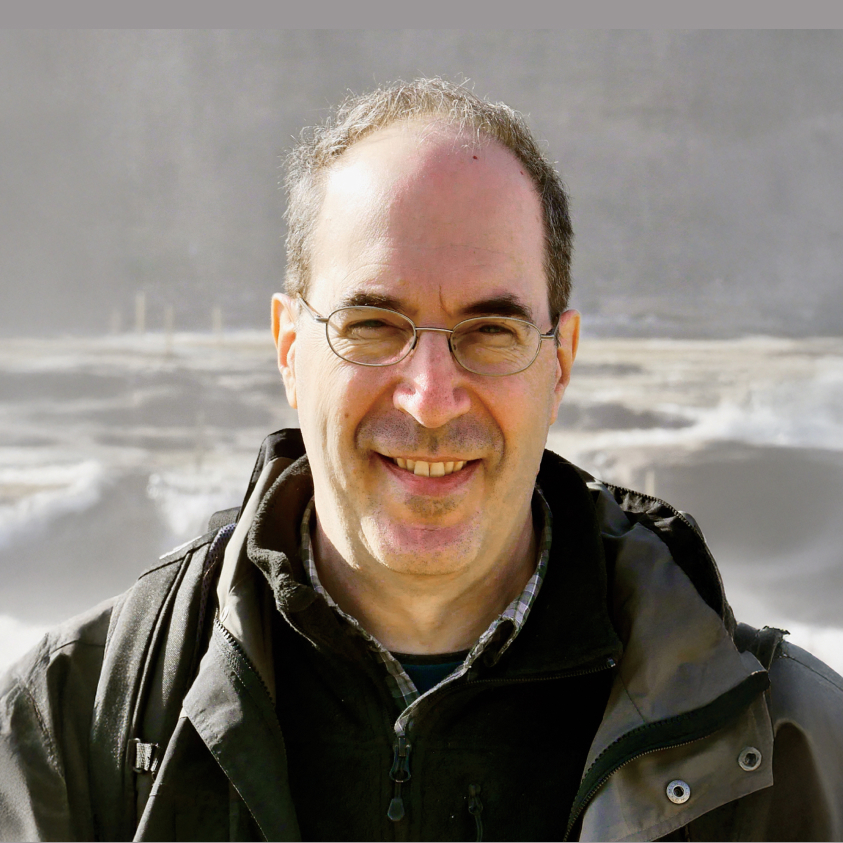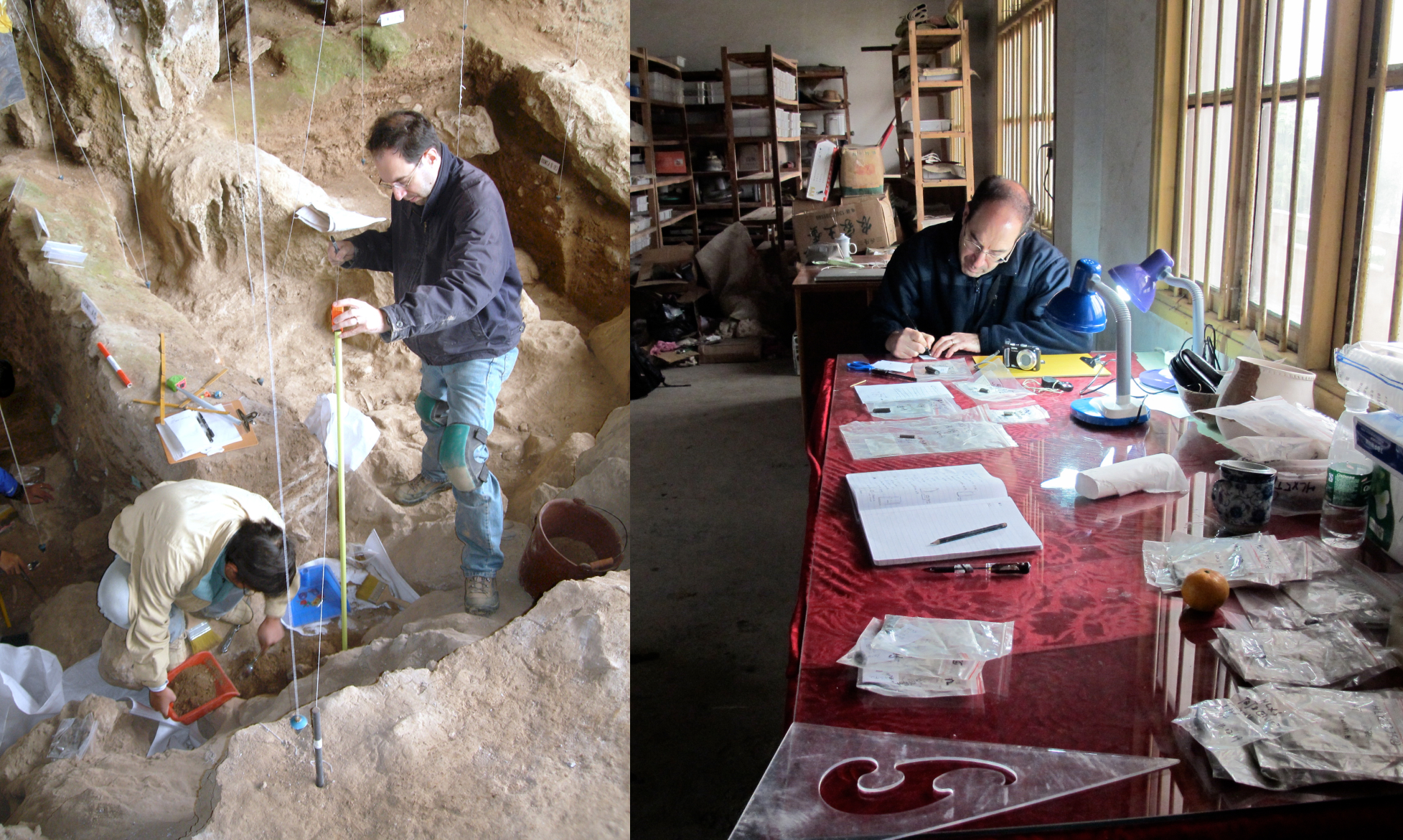高德 David Joel Cohen

國立臺灣大學人類學系暨研究所副教授
學歷
- 美國哈佛大學人類學系博士(2001)
- 美國哈佛大學東亞地區研究碩士(1989)
- 美國哈佛大學人類學系學士(1986)
經歷
- 國立臺灣大學人類學系暨研究所副教授(2020/8~迄今)
- 國立臺灣大學人類學系暨研究所助理教授(2015/2~2020/7)
- 美國波士頓大學考古學系考古學兼職助理教授(2006/2~2013/8)
New Perspectives on the East Asian Upper Paleolithic-Early Neolithic Past
My archaeological research over the past two decades has centered on applying more anthropologically-based theoretical orientations to better understand the East Asian archaeological record of revolutionary behavioral changes in prehistory. I look at such questions as the origins of behavioral modernity, how humans adapted to the Last Ice Age through new technologies, symbolic systems, and information exchange networks, how Upper Paleolithic hunter-gatherers 20,000 years ago in South China invented the world’s first pottery (rather than Neolithic farmers, as previously assumed), and how mobile foragers for the first time in human prehistory, around 10,000 years ago, settled into villages and became farmers. This work is multidisciplinary at its core and involves long-term collaborations with international teams of colleagues both in the field and in the lab that allow us to apply innovative excavation and analytical methodologies, such as combined systematic radiocarbon dating and geoarchaeological soil micromorphology or the techno-functional approach in lithic analysis. As a result, my work has been able to challenge prior ideas concerning two of humankind’s great behavioral changes—the “Upper Paleolithic Revolution” and the “Neolithic Revolution.” This research not only is changing worldwide understanding of these revolutions, but equally importantly, it exposes Euro-centric and other biases underlying archaeology’s supposed “universal” models of cultural evolution. My research has helped make clear that many previous understandings of prehistory clearly require re-evaluations that better incorporate the East Asian archaeological record, and that the East Asian archaeological record clearly requires new, more behaviorally-oriented, anthropological approaches to build our explanatory frameworks rather than relying on traditional, typologically-based approaches. By doing so, we can gain truer and broader perspectives through which to better understand the Paleolithic-to-Early Neolithic foundations of the present-day world’s shared, human adventure.

得獎感言
The research efforts behind this award are not just mine alone, and so I first must say that I am extremely grateful to my international collaborators who over the decades have shared their knowledge, amazing capabilities in archaeology and the sciences, humor, and friendship and especially to my mentor and friend, the late Prof. Ofer Bar-Yosef (Harvard), for showing me what being a good archaeologist is all about. To my research partners in China, thank you for being gracious hosts and good friends and for letting me join with you in your pursuits of knowledge about the past. Thank you to the NSTC and taxpayers of Taiwan for your willingness to fund my international research, to my colleagues in the Department of Anthropology at NTU for helping guide this foreigner through Taiwan academic life, and to my family for their understanding and support.

